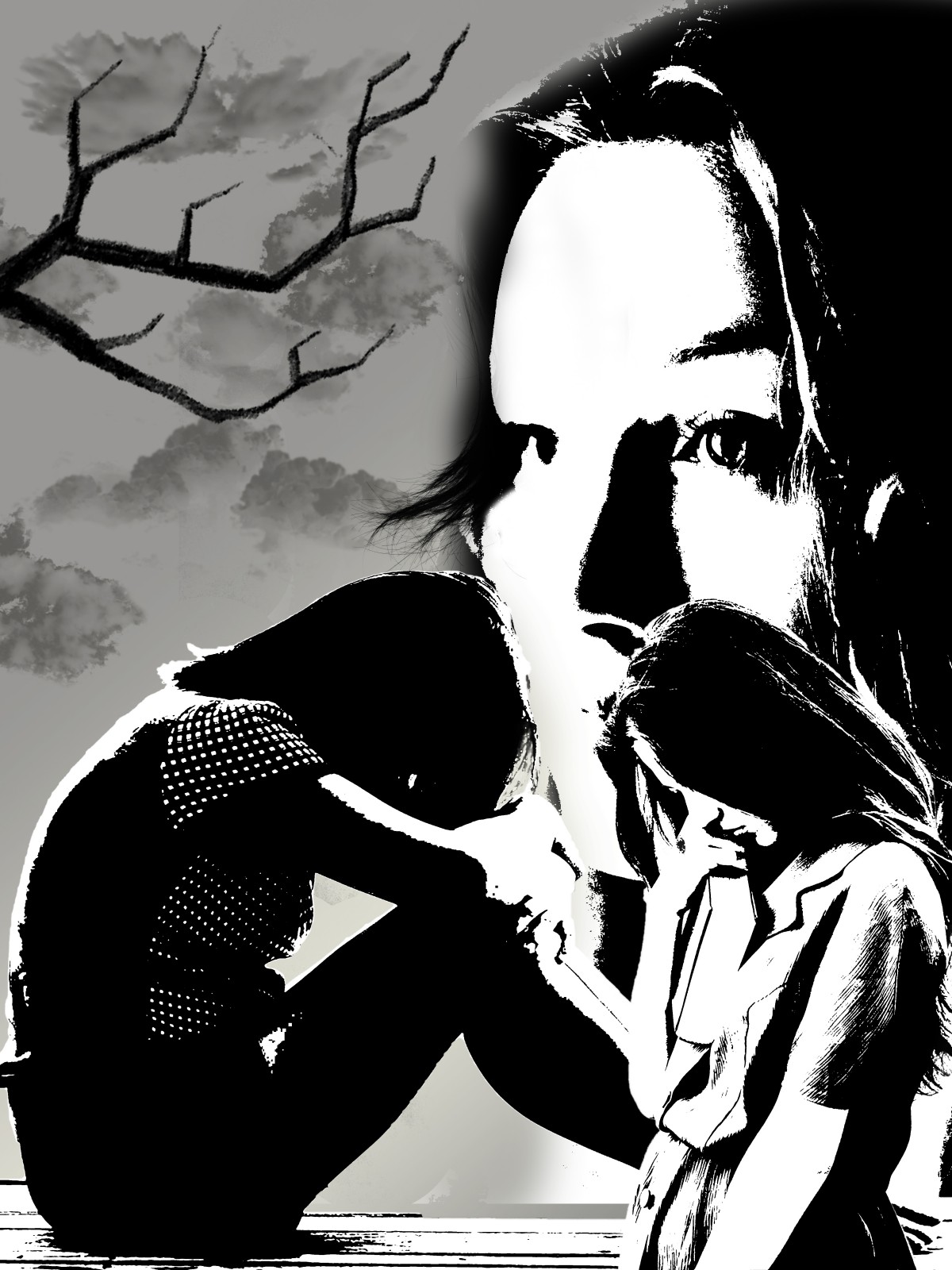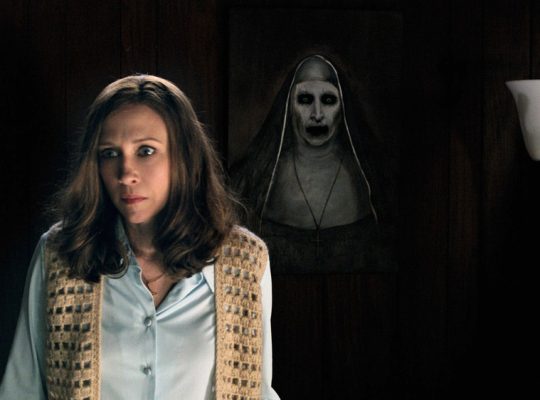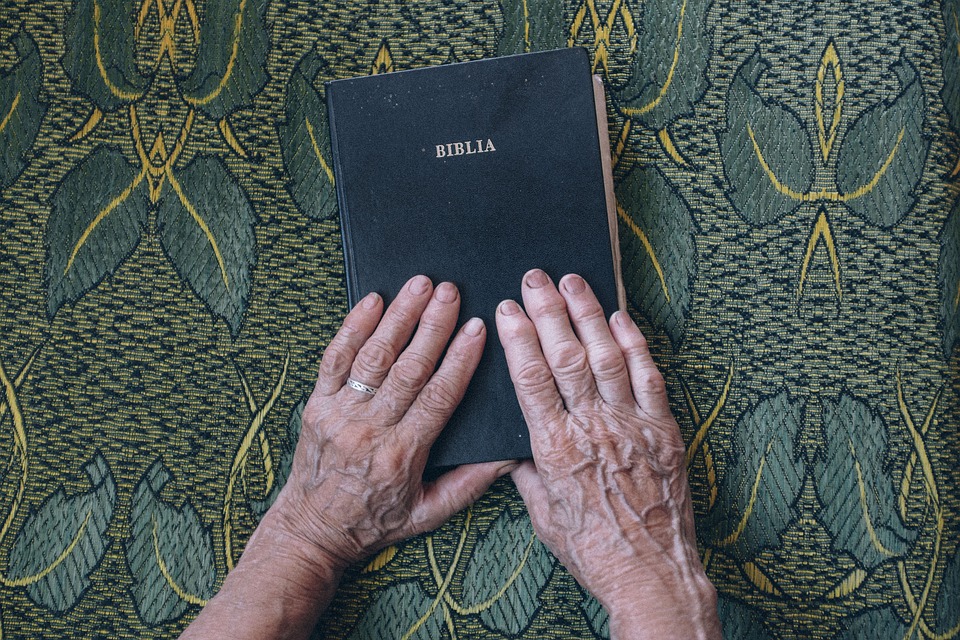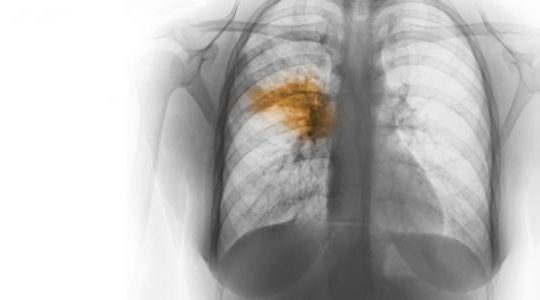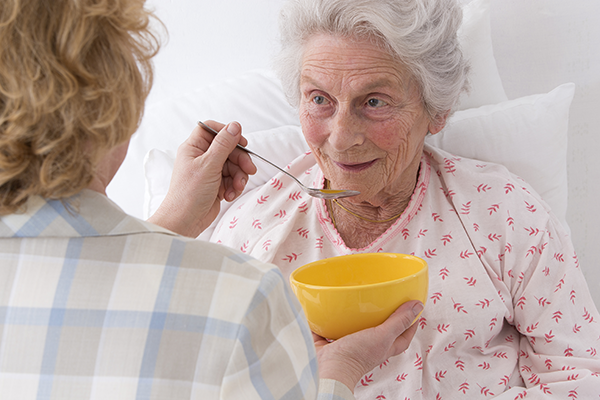Why Choose a Psychiatric Rest Home
The psychiatric nursing home is a rest and care home, just like:
– the rehabilitation center;
– the convalescent home;
– the specialized reception house;
– rest home for the elderly;
– palliative care unit.
Psychiatric rest home: pathologies
The reception can be done on a full or part-time basis, in short or medium-stay.
The psychiatric nursing home is a medicalized care facility assuring each patient receives consistent follow-up and rehabilitative care at their own pace.
Psychiatric rest home
Care is generally provided after hospitalization.
- Psychiatric rest homes are generally specialized for people suffering from depression;
- addictions: alcoholism, drugs;
- eating disorders: anorexia or bulimia;
- psychoses.
Stays ranging from a few days to several months
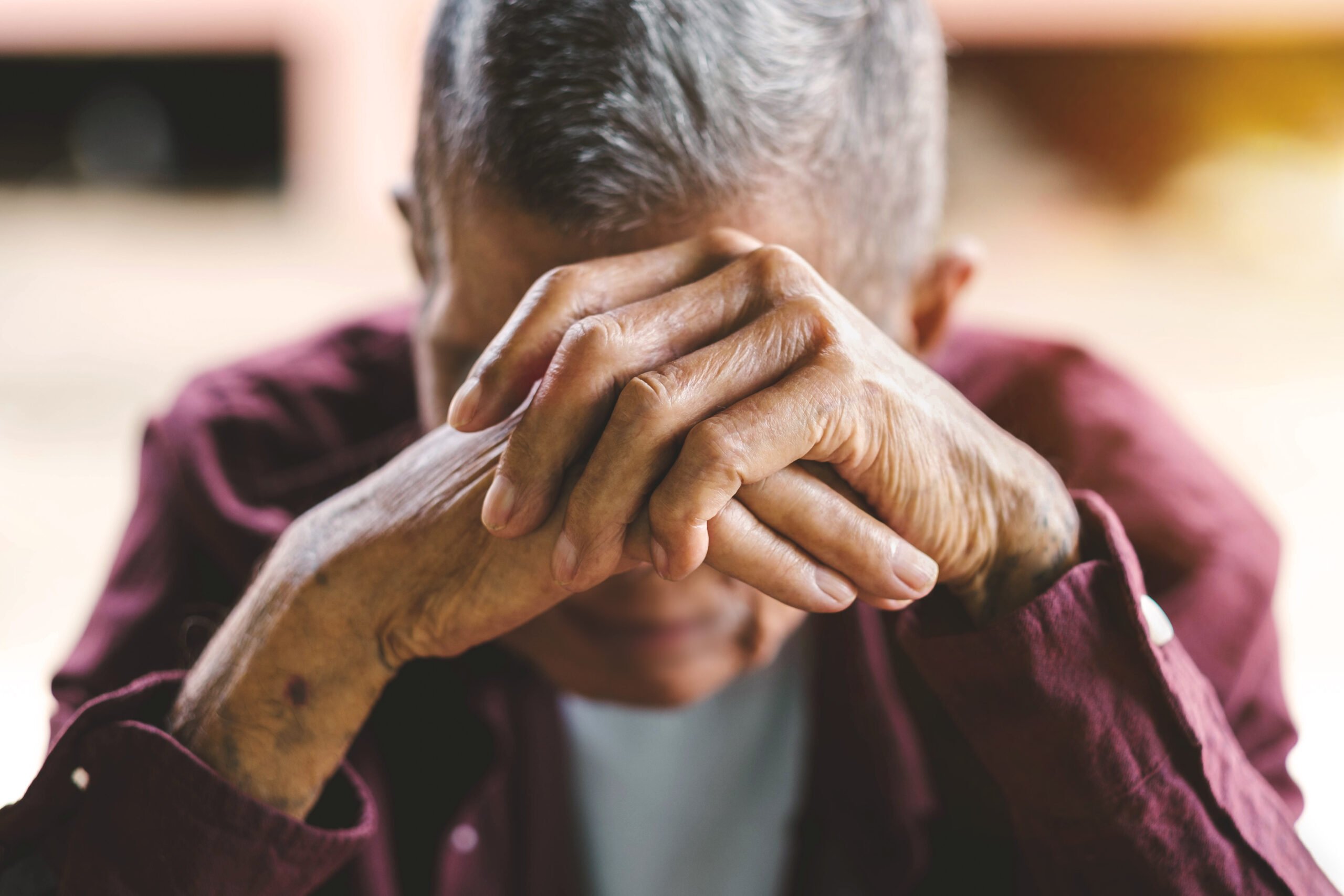
The length of stay can be from a few weeks to a year, depending on the treatments and the patient’s disorders.
The main objective of the psychiatric nursing home is to provide continuous care to give the patient back the taste of autonomous and responsible life.
Their primary mission is to provide:
– treatments that include individual and group psychotherapy;
– medicated therapies;
– seismotherapy (electroshock);
Recreational and therapeutic activities (occupational therapy, art therapy, and artistic activity used for therapeutic purposes for patients with psychopathologies).
Good to know: A recent report from the World Health Organization (WHO) Regional Office highlights how art activities can be used to complement therapeutic protocols and improve physical and mental health in health care settings.
The patient can benefit from therapeutic follow-up by a psychiatrist upon discharge to avoid or minimize relapse.
What does it mean when somebody relapses?
A relapse occurs when a person resumes drug or alcohol use after a period of abstinence. A momentary “slip” in which a person may drink or use drugs but then stop, whereas a relapse is a full-fledged return to drinking and using drugs.
What causes relapse?
Environmental causes of relapse are usually drug-related cues that trigger memories of doing drugs in a person’s brain.
Psychiatric rest home: specific services
The medical staff develops an individualized care plan, prepared according to a global assessment established at the entrance to the psychiatric nursing home.
These establishments are often soothing and stimulating. The care provided includes:
- Accommodation (single room or not).
- Meals.
- Hygiene care.
- Follow-up care specific to each patient.
Psychiatric nursing homes are staffed by an experienced and vigilant medical team trained in these different types of follow-up care: they are present 24 hours a day to provide care.
The medical teams are also trained in treating depression in elderly dependents, as this pathology is often a factor in worsening the individual’s state of health.
Good to know: the psychiatric nursing home must be of high quality and comply with the legislation in force (standards and certification).
Psychiatric nursing home rates
The rate is per day.
The psychiatric nursing home may be a public or private facility. If it is not a conventional establishment, the health insurance will not pay for anything.
If the establishment is approved, the health insurance will pay a part of the costs, the rest being paid by the patient or by the health insurance company if the patient has one.
Good to know: a deposit may be requested from the patient, which will be returned to him upon discharge if no damage has been noted during his stay.
Read more:
Why Go to a Convalescent Home;
Rest and Care Home: Who Can Be Admitted;

